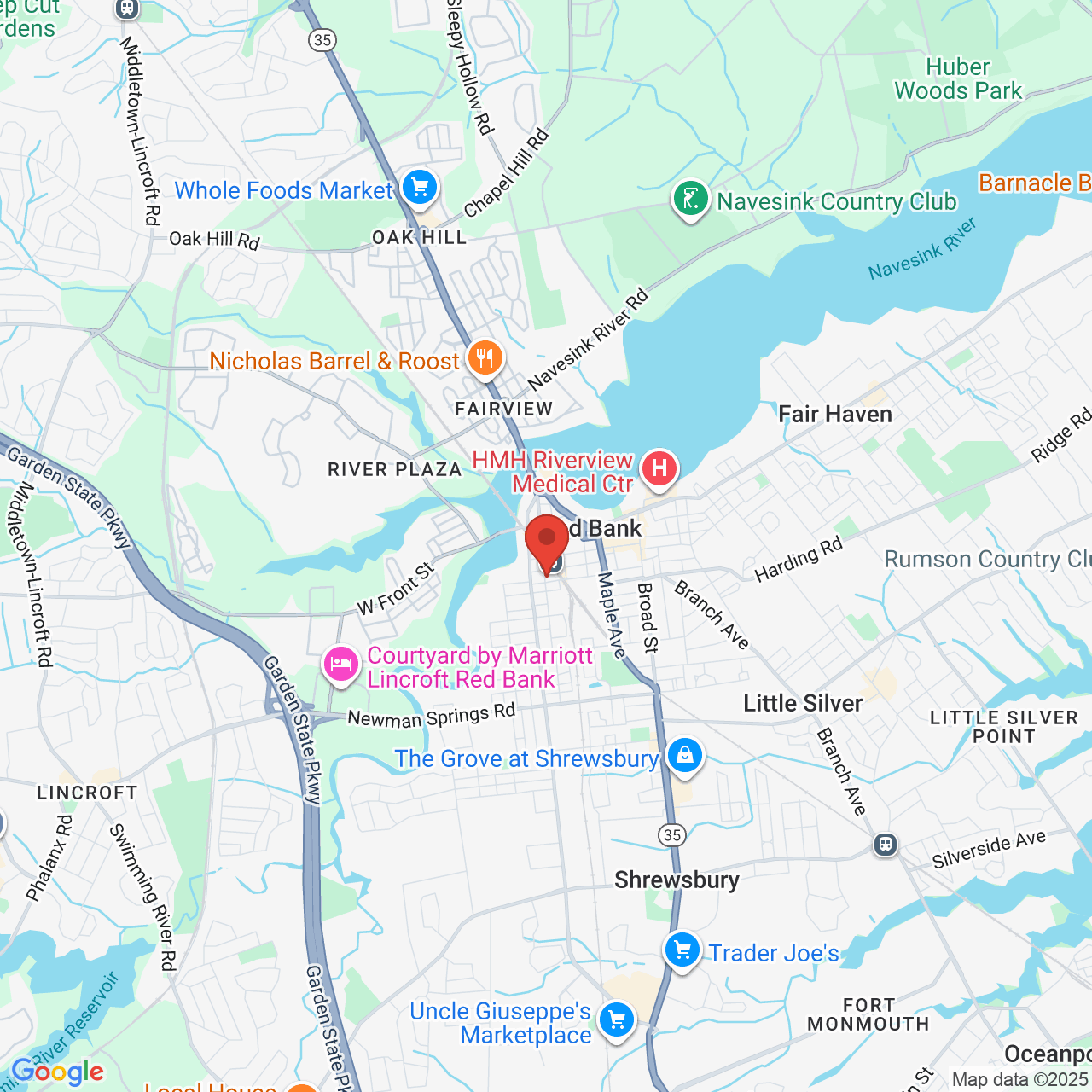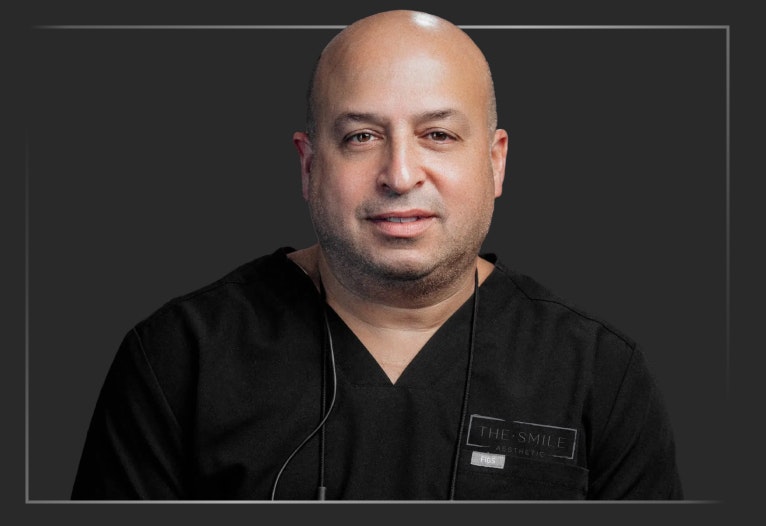TMJ/TMD Treatment/Teeth Grinding In Red Bank, NJ
Temporomandibular joint disorder (TMD) affects the joint connecting the jaw to the skull (TMJ). Symptoms may include jaw pain, difficulty chewing, and locking or clicking the jaw. Bruxism, or teeth grinding, is often associated with TMD and can worsen symptoms.
In extreme cases, treatments for TMD and teeth grinding include physical therapy, dental appliances, lifestyle modifications, and surgery. Suitable for anyone facing related discomfort, noticeable improvements can be achieved within weeks and can be long-term with ongoing treatment and regular dental visits.
BENEFITS OF TMJ/TMD TREATMENT INCLUDE:
● Reduces or eliminates jaw pain and discomfort
● Decreases frequency and intensity of headaches
● Improves jaw mobility and function
● Prevents further dental damage from teeth grinding
● Promotes better sleep quality
● Reduces neck and shoulder pain
● Enhances quality of life
● Offers non-invasive treatment options
● Provides long-term relief with consistent treatment
● Customized treatment plans for each patient
FAQ'S
What is TMD, and how does it relate to TMJ?
TMD, or Temporomandibular Disorders, are conditions affecting the temporomandibular joint (TMJ), which connects your jaw to your skull. These disorders can cause discomfort, pain, difficulty chewing, and other symptoms. The term “TMJ” is often used interchangeably with TMD, but TMJ technically refers to the joint itself, not the disorder.
What causes TMJ/TMD?
TMD or TMJ issues can be caused by various factors such as physical trauma, habitual teeth grinding or clenching, arthritis, TMJ disk displacement, connective tissue diseases, or orthodontic problems leading to jaw misalignment. However, the exact cause often remains unclear and might involve a combination of various factors.
What are common treatments for TMD?
Treatment for TMD varies depending on the severity and nature of the symptoms. Common non-invasive treatments include physical therapy, dental splints, and mouthguards. Lifestyle changes, like stress management and diet modification, can also help.
What is a dental splint, and how does it help with TMD?
A dental splint is a device placed over your teeth to help manage TMD symptoms. It can correct the alignment of the jaw, reduce grinding (bruxism), and alleviate pressure on the TMJ.
When will I see improvements in TMD symptoms after starting treatment?
The timeframe for improvement can vary widely depending on the severity of the TMD and the type of treatment used. However, many people begin to see improvements within a few weeks of starting treatment.
Can lifestyle changes alone treat TMD?
Lifestyle changes like managing stress and avoiding hard or chewy foods can help alleviate TMD symptoms. However, depending on the severity of the condition, additional treatments such as physical therapy, dental appliances, or even surgery might be necessary.
Start Your Smile Makeover Now
732-374-9596





